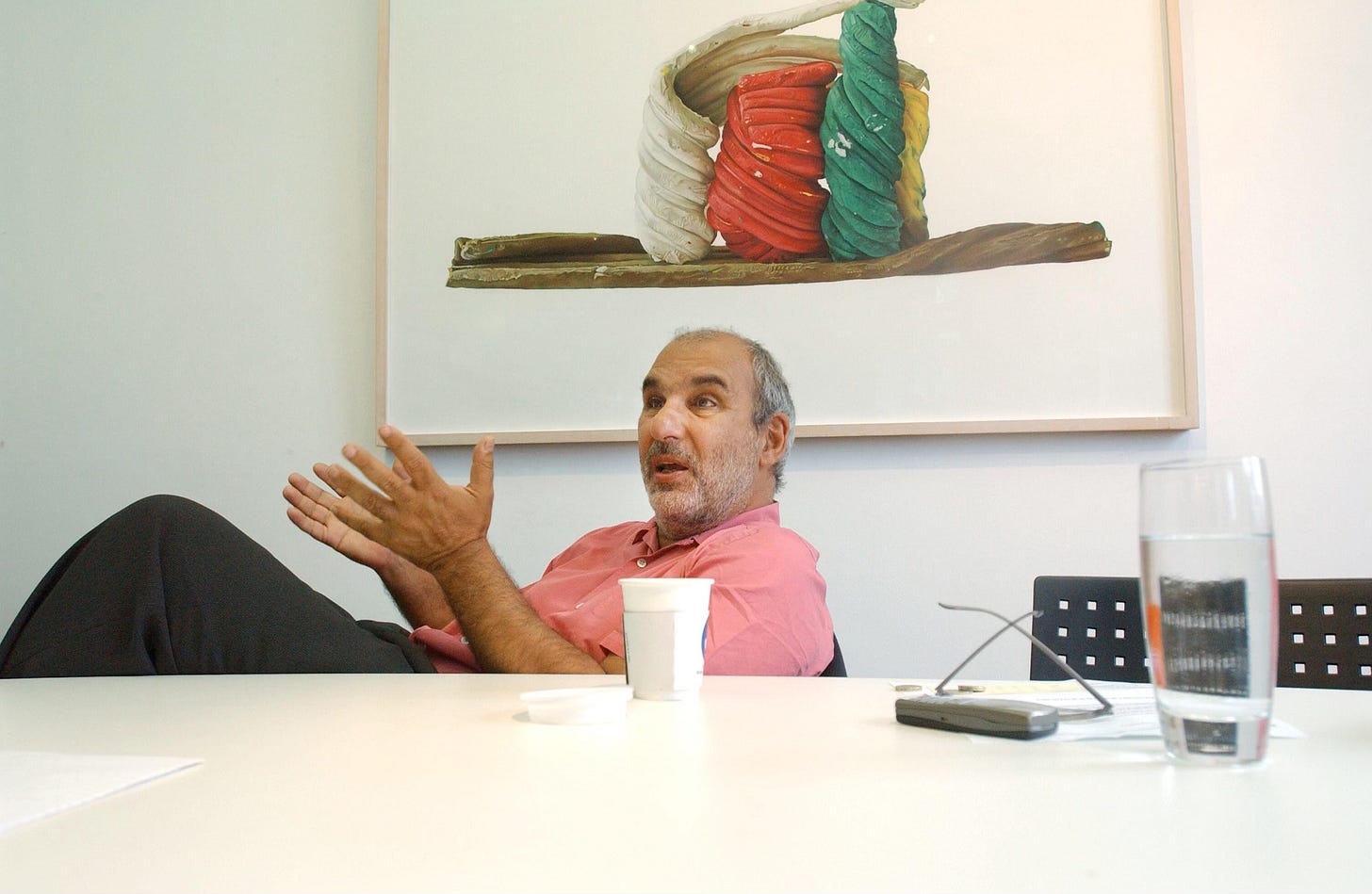Germany delivers strongest criticism of Israel to date
The fate of a Palestinian doctor, who received the charred bodies of her dead children while on duty, has prompted an international outcry.
German chancellor Friedrich Merz has delivered his strongest criticism of Israel to date, as he denounced its relentless bombardments on Gaza as “no longer comprehensible”.
"The massive military strikes by the Israelis in the Gaza Strip no longer reveal any logic to me - how they serve the goal of confronting terror," said Merz, speaking today from Finland.
This shift in tone is significant from a staunch ally and from a country whose leadership follows a policy of special responsibility for Israel, known as the Staatsraeson, due to the legacy of the Nazi Holocaust.
Speaking to WDR broadcaster today, German Foreign Minister Johann Wadephul elaborated: “Our committed fight against anti-Semitism and our full support for the right to exist and the security of the state of Israel must not be instrumentalised for the conflict and the warfare currently being waged in the Gaza Strip.”
“We are now at a point where we have to think very carefully about what further steps to take,” Wadephul added, without giving any more details.
Merz and Wadephul’s comments come just over a week after the UK, France and Canada threatened “concrete actions” against the Israeli government if it does not end its offensive in Gaza and lift aid restrictions.
Today, over 800 UK lawyers, academics and retired senior judges wrote an open letter to Keir Starmer welcoming the announcement that Britain was prepared to take “concrete actions” but urging the Prime Minister to act without delay since “urgent and decisive action is required to avert the destruction of the Palestinian people of Gaza”.
To meet its “fundamental international legal obligations”, the signatories, which include former supreme court justices Lord Sumption and Lord Wilson, recommended that the UK government impose sanctions on the Israeli government and suspend it from the UN.
The letter stated that war crimes, crimes against humanity and serious violations of international humanitarian law are being committed in Palestine. It also highlighted recent comments by Israel’s finance minister, Bezalel Smotrich, that the Israeli army would “wipe out” what remains of Palestinian Gaza.
The global community’s “failure to uphold international law in relation to the occupied Palestinian territory”, the signatories warned, is contributing to “a deteriorating international climate of lawlessness and impunity and imperils the international legal system itself.”
The letter added that Israel’s attacks on UN premises, property and personnel “go beyond isolated breaches. They amount to a broader challenge to the UN charter system itself.”
Back in Israel, the country’s former Prime Minister Ehud Olmert, has penned a strongly-worded article in Haaretz today, expressing deep criticism of Benjamin Netanyahu’s cabinet: “The government of Israel is currently waging a war without purpose, without goals or clear planning and with no chances of success. Never since its establishment has the State of Israel waged such a war.”
Olmert continued: “What we are doing in Gaza now is a war of devastation: indiscriminate, limitless, cruel and criminal killing of civilians. We're not doing this due to loss of control in any specific sector, not due to some disproportionate outburst by some soldiers in some unit. Rather, it's the result of government policy – knowingly, evilly, maliciously, irresponsibly dictated. Yes, Israel is committing war crimes.”
Yesterday, an Israeli air strike hit the Fahmi Al-Jarjawi school sheltering displaced families in Gaza city, killing at least 33 Palestinians, according to civil defence agency spokesman Mahmud Bassal. The airstrikes triggered large fires in classrooms, trapping families inside.
Reports of the fate of a paediatric specialist working at a hospital in southern Gaza has also prompted an international outcry. Dr Alaa al-Najjar was working in the emergency room at Nasser Hospital, treating airstrike victims, when she received the charred bodies of seven of her children, all under 12, killed when an Israeli strike hit her family home in Khan Younis. Dr Al Najjar's husband, Hamdi Al Najjar, also a doctor at Nasser Hospital, was injured in the strike and remains in a critical condition. Graeme Groom, a British surgeon working in the hospital, operated on the couple’s only surviving child, 11-year-old Adam al-Najjar.
Caitlin Allen
Deputy Editor
ON REACTION TODAY
Iain Martin
Why Trump and the US backed the Chagos deal
Adam Boulton
Alan Yentob's love of the arts and fealty to television were irrepressible
David Waywell
On the Liverpool tragedy and failed attempts to light rhetorical fires
ALSO KNOW
Ukraine’s allies to lift range restrictions on weapons - Western allies of Ukraine, including Germany, Britain, France and the US, have removed range restrictions on weapons being sent to Ukraine for use against Russia. German Chancellor Friedrich Merz confirmed: “Ukraine can now also defend itself by attacking military positions Russia.” Donald Trump may impose new sanctions on Moscow this week in frustration over new attacks on Ukraine, reports The Wall Street Journal.
South Africa offered to buy US LNG - South Africa has proposed buying liquefied natural gas from the US as it seeks to secure a trade deal with Washington amid fraying ties and fractious talks between the countries leaders. The proposal would see Pretoria buy LNG, of which the US remains the leading exporter, over a decade-long period.
Plan to spy on political opponents approved in Argentina - Argentina’s intelligence agency approved a plan that could allow agents to spy on critics of President Javier Milei. According to La Nación, a leading newspaper in the country, the agency will be permitted to gather data on journalists, academics, and anyone else who “erodes” public trust in senior government figures.
Denmark to increase retirement age - Copenhagen has raised its retirement age to 70, the highest in Europe. The change, backed by 80 per cent of parliament, is to adjust for increased life expectancy. Denmark’s life expectancy is currently 82, compared to the global average of 73. The rules will apply to anyone born after 1970.
FIVE THINGS
The case for a Pacific defence pact. Ely Ratner in Foreign Affairs says America needs a new Asian alliance to counter China.
IMF gives Rachel Reeves political cover to “refine” UK fiscal rules, report Amy Borrett and George Parker in The Financial Times.
The welfare state is Nigel Farage’s new battleground. James Heale in The Spectator.
Two paths for AI: The technology is complicated, but our choices are either remain passive or assert control, says Joshua Rothman in The New Yorker.
Gregory Conti in Compact on the dangerous turn in Trump’s war on universities.






